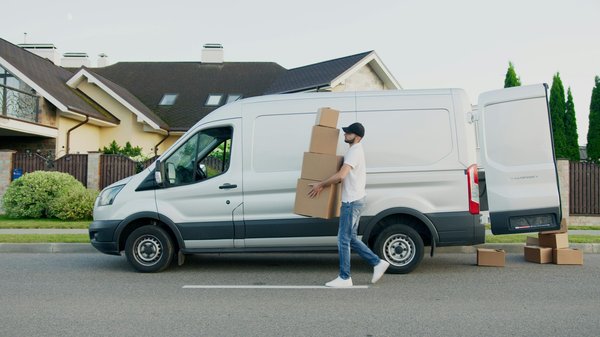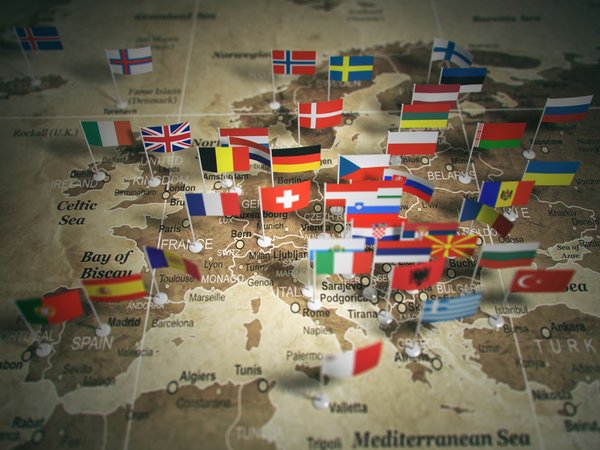Explore Our Content Categories
Dive into specialized topics that cover every aspect of search marketing and business growth
Latest articles
Our recent publications

Expert business removal specialists for seamless relocations
Relocating a business demands precision, efficiency, and careful coordination to avoid costly downtime. Expert removal specialists streamline every step—from office moves to secure...

Latest trends news: what you need to know about moving to europe

Storage Unit Glasgow : Secure, Flexible & Affordable Solutions

Top budget-friendly studios for creatives in greenwich

Top tips for renting crane mats to ensure safe ground support

Top tree care solutions in moray for thriving tree health

Affordable photography studio hire in greenwich for creatives

Essential guide to crane mat hire for safe ground support

Essential tree surgeon services in moray for healthy trees

Discovering kabir mulchandani: a trailblazer in real estate

Discovering exceptional finance professionals: hiring in sidcup

Elevate your organization through professional change management services

Maximize efficiency and safety through professional load securement solutions

Biography of kabir mulchandani: real estate leader and innovator

Transform your business with expert change management consultancy

Unlocking top finance talent: recruitment in Sidcup

Elevate safety and efficiency with expert load securement services

Explore learning opportunities for young children at catford's firefly nursery

Firefly nursery in catford: nurturing learning for young children

Find your perfect Provence wedding photographer today

The Guardian of Your Engine: Benefits of Marine Fuel Filters

From novice to expert: understanding tree surgeon qualifications

Effortlessly design impactful video promos online today

Essential Steps for UK Law Firms to Successfully Adopt Digital Case Management Solutions

Top Strategies for UK Fitness Coaches to Cultivate a Strong Personal Brand

Top Strategies for UK Online Retailers to Safeguard Against Fraud

Essential Guide for UK Film Productions: Navigating the Steps to Secure Location Shooting Permits

Essential Steps for UK Eco-Friendly Packaging Companies to Achieve Environmental Compliance

How to Establish a UK Recycling Facility While Complying with Environmental Regulations: A Step-by-Step Guide

Essential Legal Guidelines for UK Businesses: Navigating the Construction (Design and Management) Regulations 2015
Stay Informed, Stay Ahead
Discover hundreds of articles covering search marketing strategies, legal frameworks, business management, and industry news. Start exploring today and elevate your digital marketing knowledge.
Rejoindre →Frequently Asked Questions
What type of content can I find on this platform?
We publish comprehensive articles, guides, and analyses covering search marketing, SEO strategies, legal compliance in digital marketing, business management, training resources, and industry news. All content is created by experienced contributors and updated regularly to reflect current trends.
How often is new content published?
We publish new articles multiple times per week across various categories. Major features and in-depth guides are released weekly, while news updates and quick insights appear more frequently. Subscribers receive notifications about the latest content.
Is the content suitable for beginners?
Absolutely. Our content library includes resources for all skill levels, from foundational guides for newcomers to advanced technical analyses for experienced professionals. Each article clearly indicates its complexity level, making it easy to find content that matches your expertise.
Can I access all articles for free?
Yes, all articles and resources on the platform are freely accessible. We believe in making quality search marketing education available to everyone. Some premium guides and downloadable resources may require newsletter subscription, but the core content remains open to all readers.
